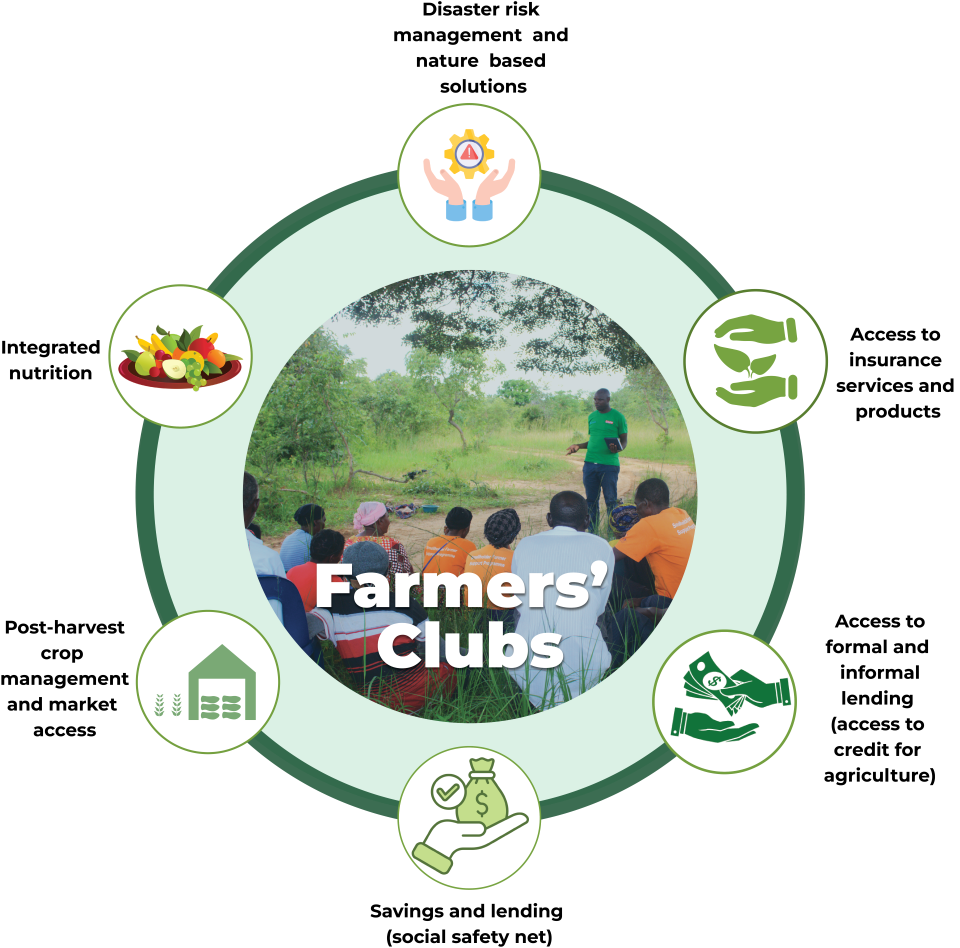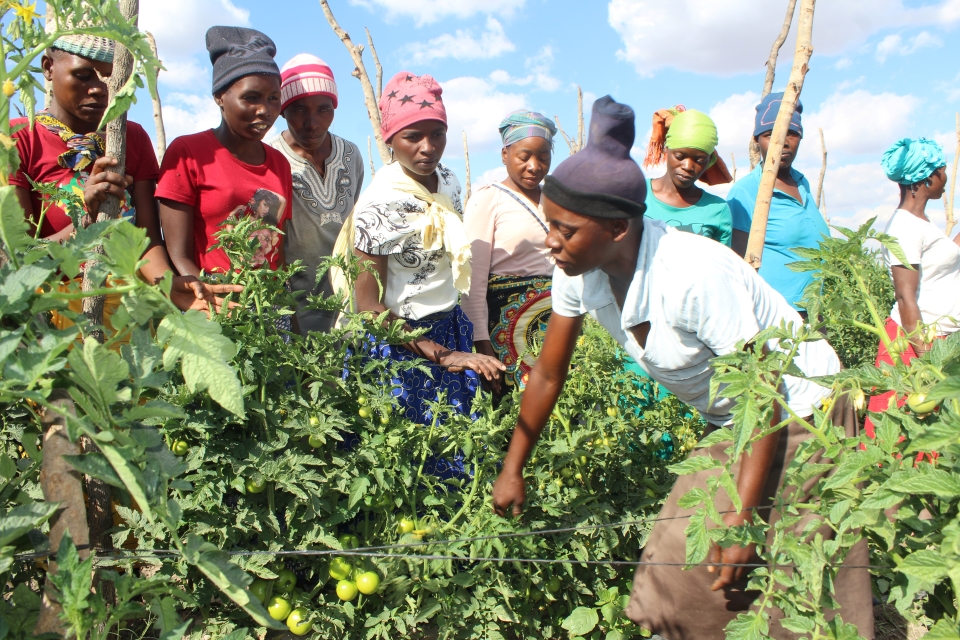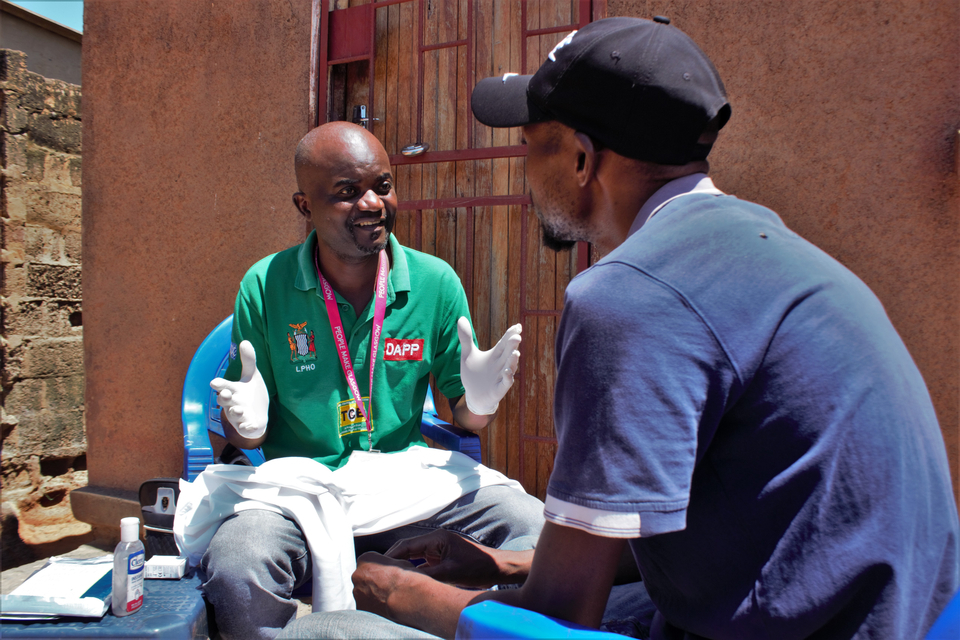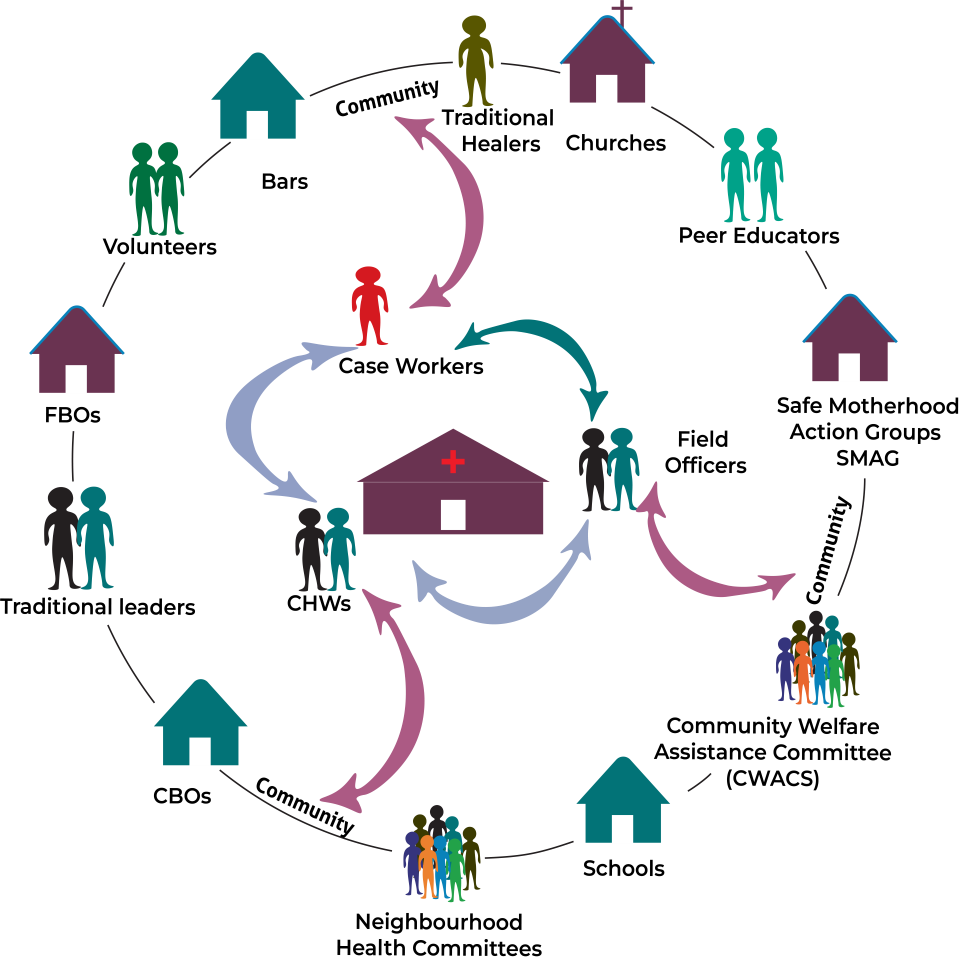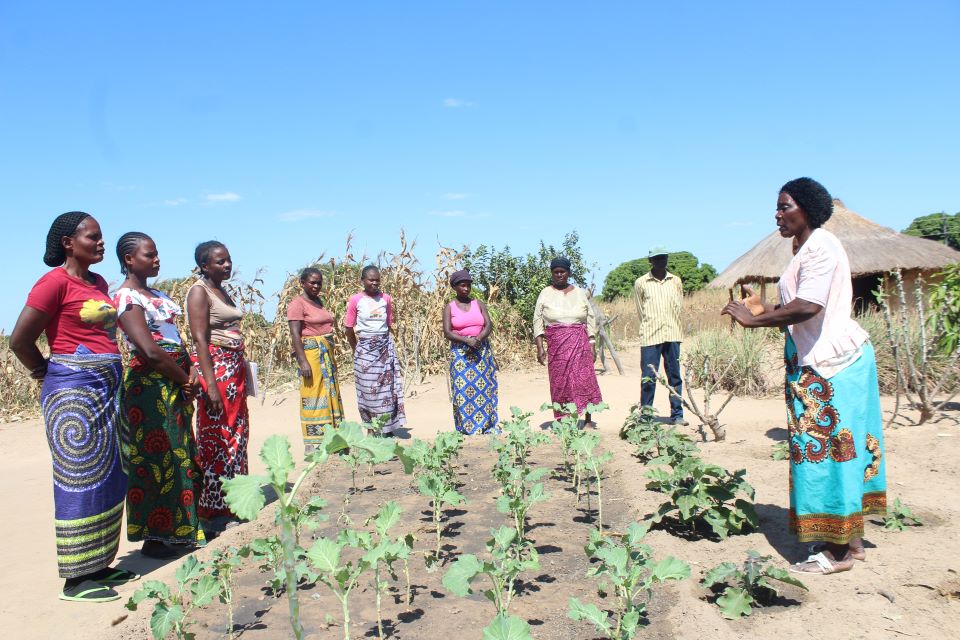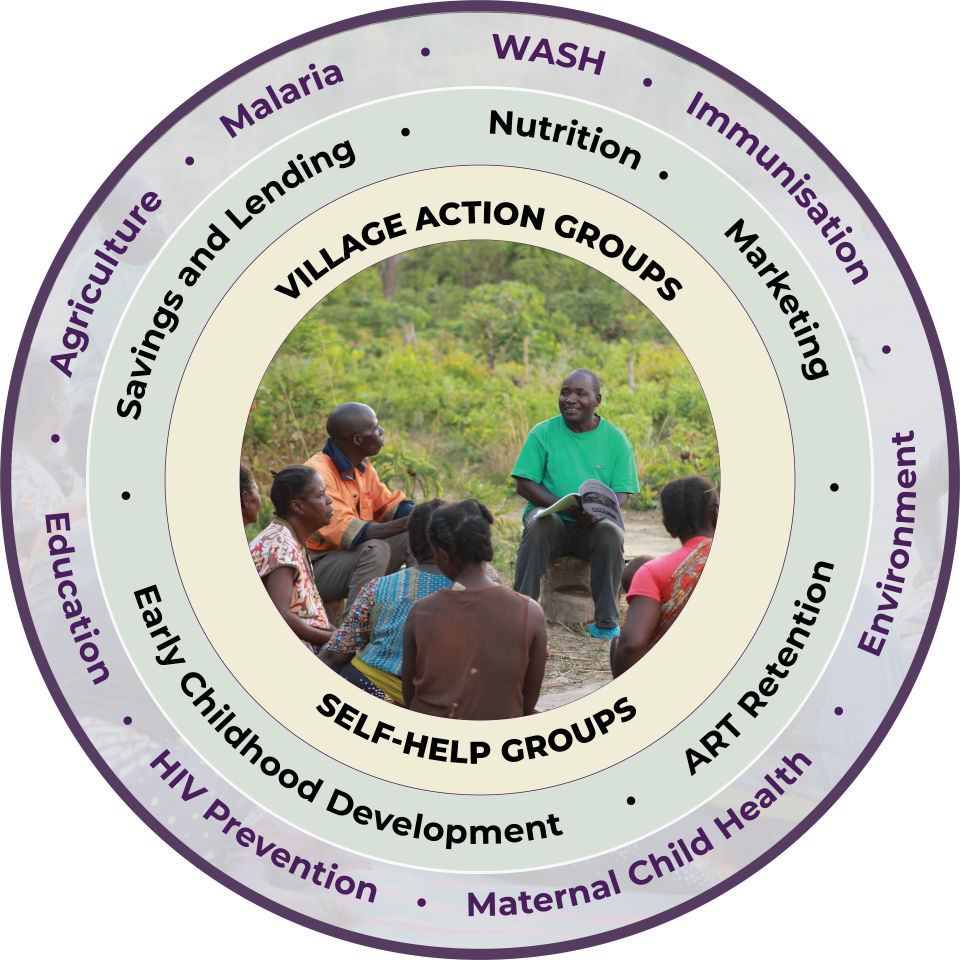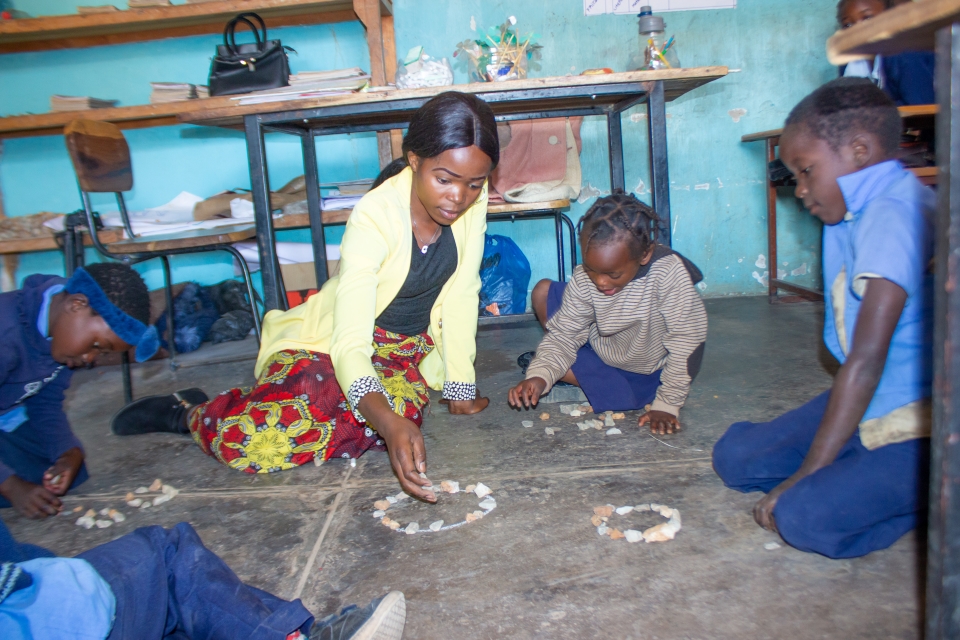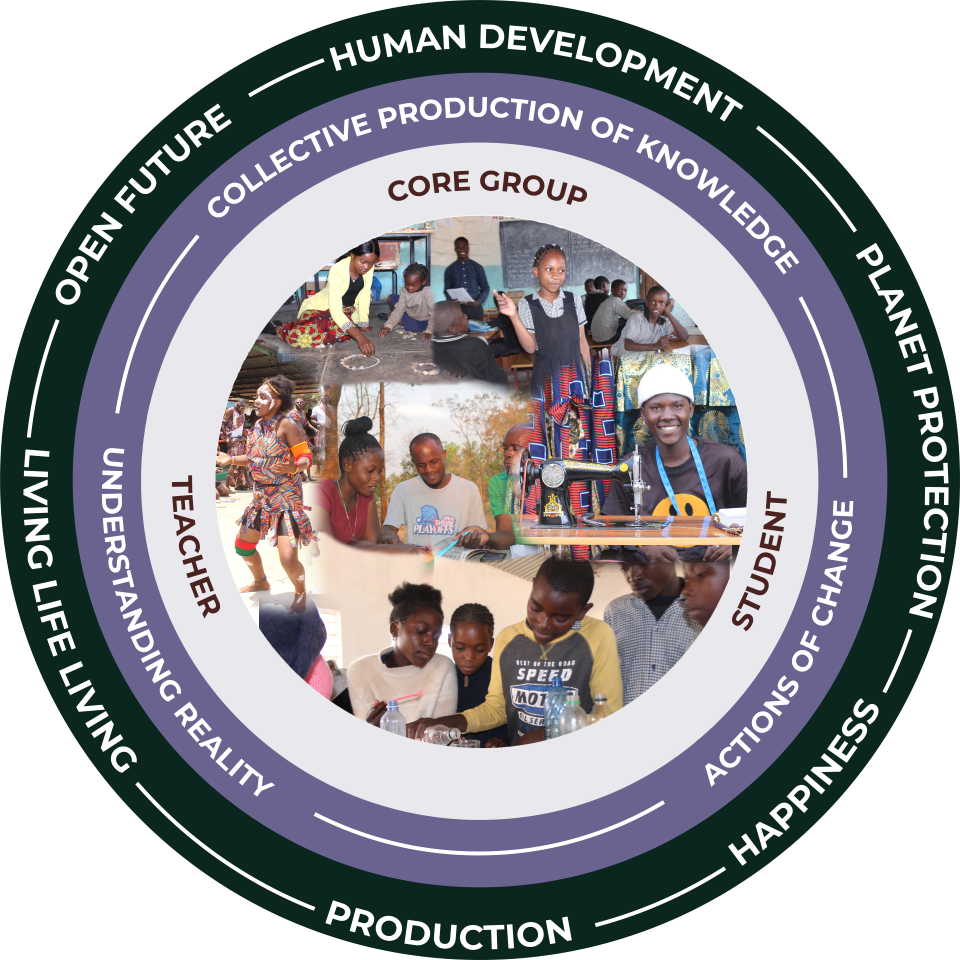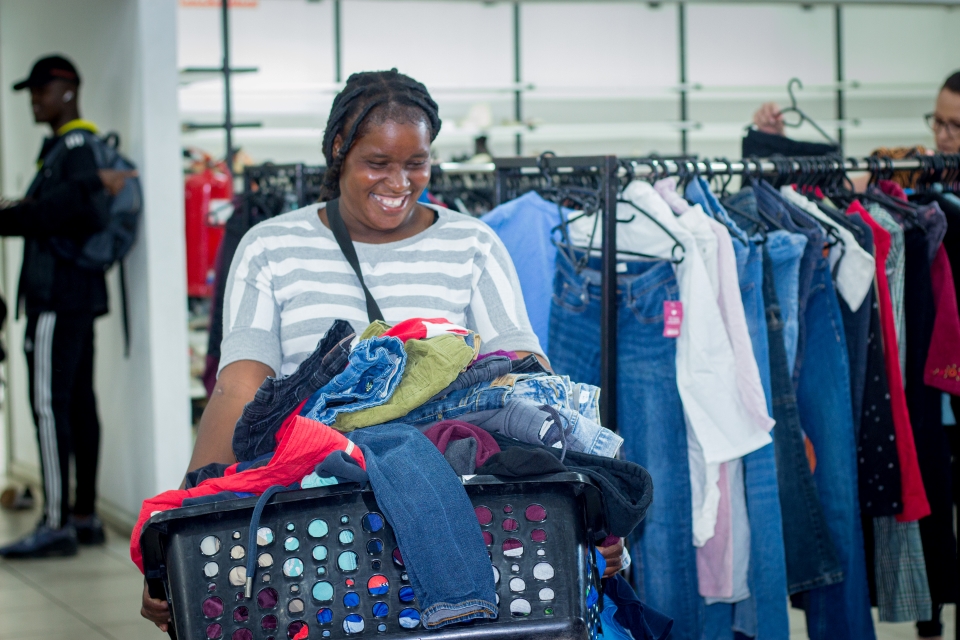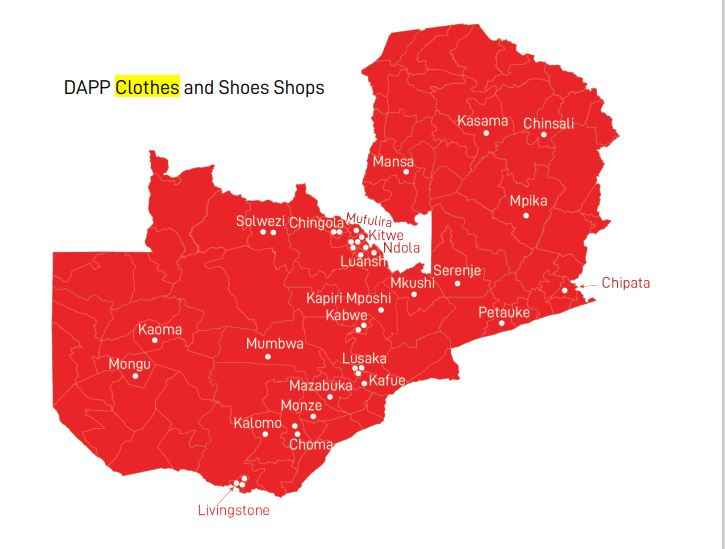Our agriculture and climate change programmes support smallholder farmers to increase production, income, resilience and address the impact of climate change.
To support sustainable agriculture and the environment, DAPP Zambia puts farmers and their families at the centre of all activities. We set up Farmers’ Clubs as a platform for them to share new farming methods and knowledge. Farmers support one another with finance for expansion, conduct collective marketing and much more, for them to advance together towards common goals.
The farmers learn to practice conservation agriculture including diversification of produce and the use of sustainable and environmentally friendly farming practices. This include sustaining natural resources in terms of water, soil and trees.
Farmers are insured using weather index to reduce their risk in case of crop failure. Internal saving groups provide farmers with a mechanism for emergency and production loans. The clubs assist farmers with market access through trained and equipped aggregators who collect the grains from fellow farmers and identify the buyers who offer the best prices.
OUR AGRICULTURE AND CLIMATE CHANGE MODEL
